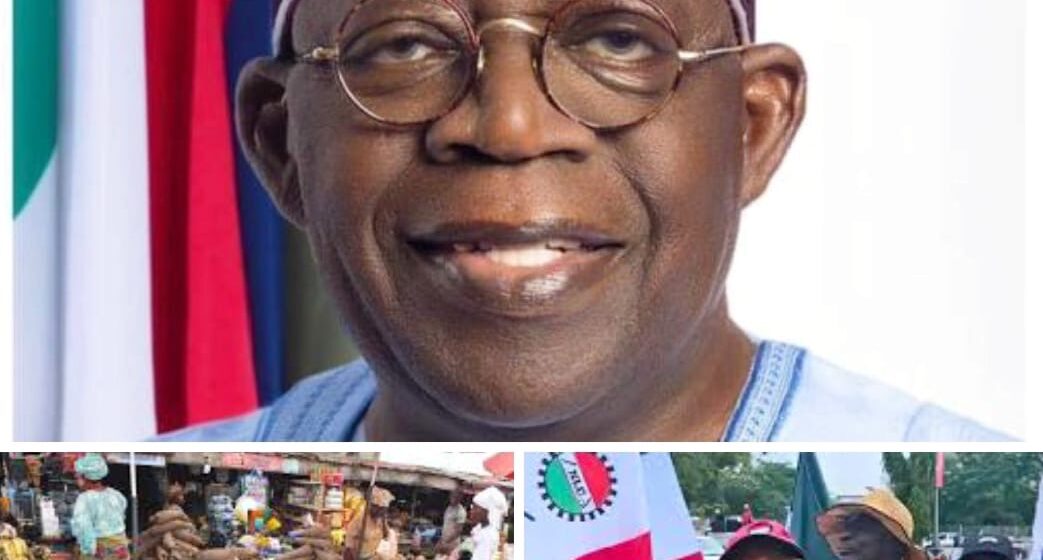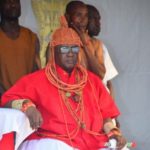By Julius Ogar
It does seem like the season – or more generally, an era of multi-layered levies and taxes. From May 29, 2023, the vestiges of the inflationary trends that marked the last days of the Buhari administration, became a permanent feature for citizens of Africa’s largest economy under Buhari’s successor – with headline inflation above 30 percent (currently 33%) in the first quarter of 2024.
Since then, the more Nigerians cry out over the cost of living, the more the noose is tightened around them with further levies. Add to this, the pressures of insecurity, bad governance and other socio-economic dislocations and you find the ideal definition of being between a rock and a hard place.
While hoping for respite on the basis of the renewed hope which the government still promises, ever again a new levy is somewhere around the corner approaching with stealth and menace.
The free rein of the prices of food commodities, school fees, medical charges and pharmaceuticals, is bad enough. Transportation fares are well out of the ordinary and show no signs of slacking. Normal prices or lower prices for basically anything has gone out of fashion. It seems like a multi-sectoral collusion to keep citizens getting less value but spending more money.
The national currency has plummeted on a floated exchange that keeps the value of petroleum, an imported commodity whose price impacts every sector of Nigeria’s sick economy, more expensive than Nigerians would want to imagine.
Lower denomination currencies are disappearing – a silent inflationary indicator to be seriously concerned about. Though still legal tenders, coins have altogether gone extinct even in rural Communities.
Lower note denominations are most times only to be found with street beggars. Every day, new signs for higher costs are on the horizon: For a while, telecomm companies have been itching to raise call and data charges and seem not to be far from doing so. One of Nigeria’s economic go-to oracles, Bismarck Rewane, even recently declared that only higher tariffs could guarantee better services from telcos because that’s the solution to their poor infrastructure base.
It doesn’t add up that on such poor infrastructure, telecom companies declare sky-high profits year after year. With hind sight, one can’t recall anytime those companies reported a loss despite the economic realities of Nigeria as an emerging market.
Perchance, Rewane may be privy to some other indices specific to his appraisal. This undercurrent for higher charges is still hush-hush for the moment, but if recent developments are anything to go by, Nigerians are not far from paying more for data, calls and even undelivered sms.
But let’s even bemoan the real deal we’ve had so far: The dust is yet to settle from the upward review of electricity tariffs following the purported removal of subsidies on that service.
The consensus out there is that some citizens have found themselves on Band A, the category alleged to enjoy over 20 hours of electricity supply per day.
By virtue of such premium service, they are to pay the highest tariffs of N225 ($0.15) per kilowatt-hour. The irony, which is the biggest reality fiction that amazes nearly every citizen without exception is: who are those witches and wizards in the country that enjoy upwards of 20 hours electricity and where do they live? You may answer that covens are not supposed to be terrestrial.
But how’s 20 hours of electricity possible when even State Houses, not to mention the power stations themselves, often run on generators? Who’s getting 20 hours electricity without a battery of alternatives?
But the Minister for Power, Adebayo Adelabu is convinced there is so much electricity that Band A customers have resorted to wilful wastage and it’s time to pay for such profligacy.
Knowing the colour of the lie they are being told, many aggrieved victims of the power companies and their regulating bodies would shave him with a blunt razor if they could lay a hand on the minister.
The latest of levies – a policy the central bank (CBN) says would come into effect in less than two weeks, is the cybersecurity levy. In effect, it stipulates that 0.5 percent of online transactions would be deducted and remitted to the National Cyber Security Fund, to be administered in the office of the National Security Adviser.
According to the apex bank, the deduction and collection of the cybersecurity levy is a sequel to the enactment of the Cybercrime (prohibition, prevention etc) Amendment Act of 2024, updated from an earlier version enacted (but not implemented) in 2015.Be that as it may, it is reality that the Cybercrime Act is an international protocol, one of those Nigeria has delayed implementing perhaps on account of our peculiarities.
Those who should know, argue that the unregulated, invisible transaction space is a trench of vulnerability not just for the banks, but for government, individuals and other businesses. Besides, South Africa (2021), Ghana (2020), Botswana, Zambia, Tanzania, Malawi and Zimbabwe have adopted and domesticated Cybersecurity Acts.
In South Africa, noncompliance to the Act is a criminal offence. What is yet to be ascertained is whether there are levies on the citizens of these countries for cyber security.
The recent escapades involving Binance officials are a case in point, where the invisible space is becoming the feeding trough for terror financing, money laundering and some “Hushpuppi” kind of transactions.
The levy is therefore, some sort of insurance. But isn’t there an alternative to providing for the Cybersecurity Fund? Must the people, already choking from a hyper-inflated economy be further strangulated?The Tinubu administration is burdened with a zeal to implement all the policies enacted but piled up in the shelves from the past.
The kind of zeal that has failed to pause and reflect whether there is a bad time to implement a good decision.
The renewed hope doesn’t feel sensitive to worries of the people and is not deploying the humongous communication machinery at its disposal to prepare them for eventualities and adversities.
This oversight doesn’t feel good because it carries only the policy makers along, and forgets that the people deserve some explanation.
The reaction of the Nigerian Labour Congress (NLC), the university students’ union, the Nigerian Economic Summit Group and some Civil Society Organizations are signals.
The government of President Tinubu should be careful, lest the cow dies because instead of being nursed back to health, it is being drained for milk.








Leave a Reply